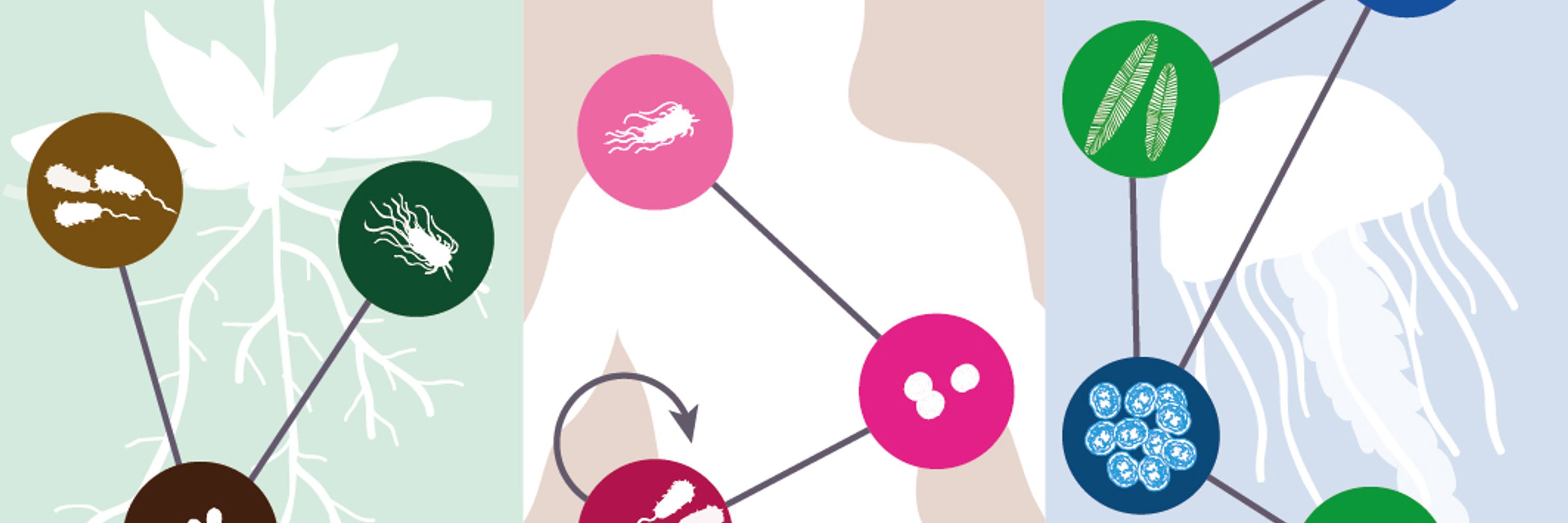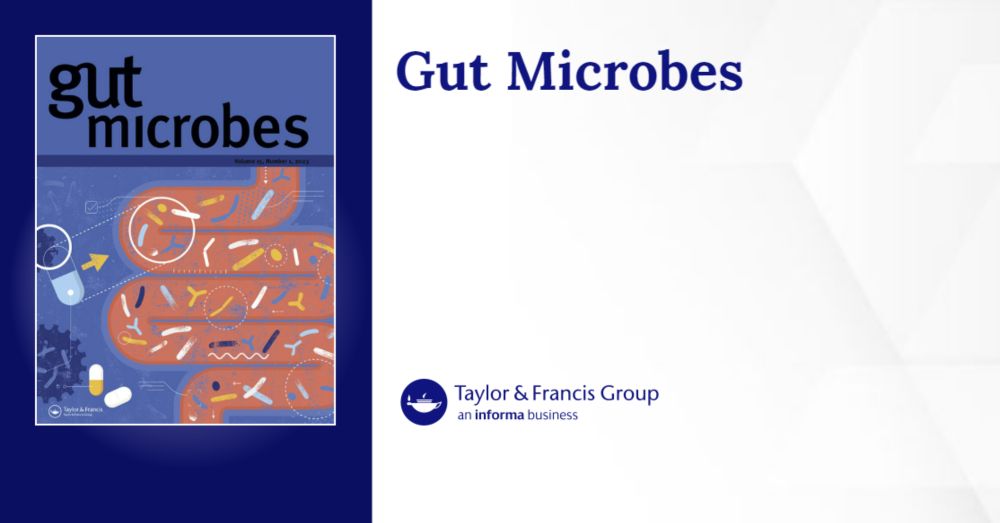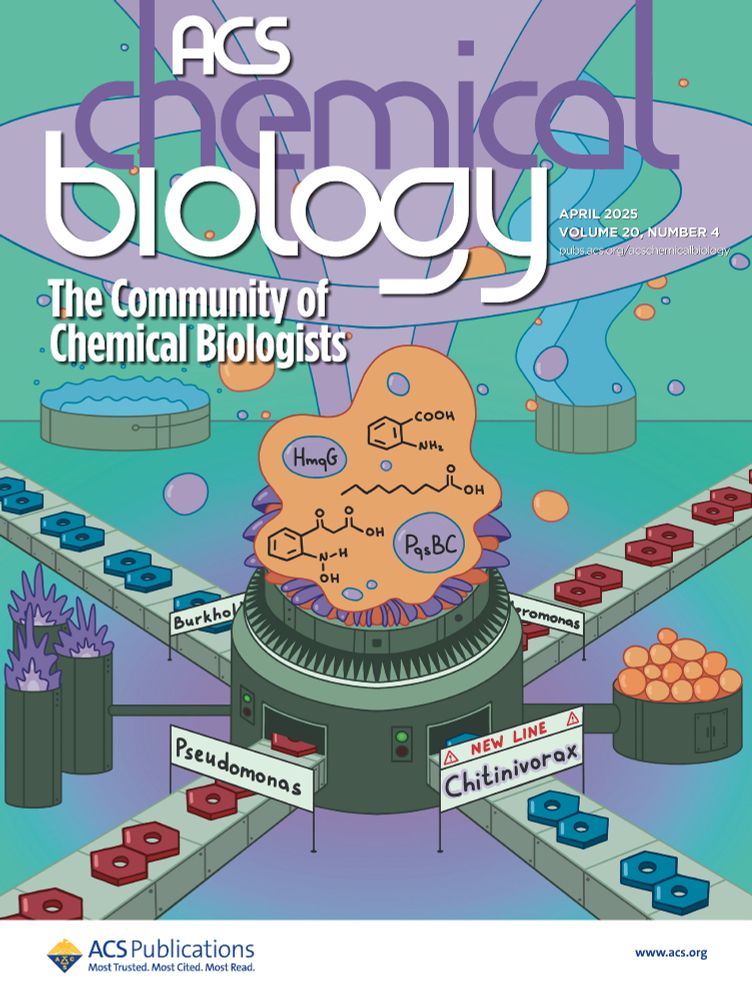
https://boettcher-lab.univie.ac.at/
More info: www.microplanet.at/index.php/re...

More info: www.microplanet.at/index.php/re...

Im Projekt 'PhageTRAP' entwickelt Thomas Böttcher eine modulare Plattform, die Bakteriophagen mithilfe synthetischer Erkennungsmotive gezielt einfängt und freisetzt. ⤵️ 🧪
Im Projekt 'PhageTRAP' entwickelt Thomas Böttcher eine modulare Plattform, die Bakteriophagen mithilfe synthetischer Erkennungsmotive gezielt einfängt und freisetzt. ⤵️ 🧪
@rscchembio.rsc.org
In this issue: G-clamp based RNA-binding molecular probes, bacteriophage small molecule inhibitors, translation-enhancing peptide screening platforms, bioluminescent D-luciferin analogues and much more!
📰Read the full issue here: lnkd.in/eYSvHxtp




@rscchembio.rsc.org

Learn more 🔗 cemess.univie.ac.at/news-detail/...
Learn more 🔗 cemess.univie.ac.at/news-detail/...
www.nature.com/articles/s41...

www.nature.com/articles/s41...
The E-STEEM call opens on 07.01.2026:
careers.univie.ac.at/en/postdoc/e...
The E-STEEM call opens on 07.01.2026:
careers.univie.ac.at/en/postdoc/e...




pubs.rsc.org/en/content/a...
In this study led by Konstantin Plöchl from our lab, we report a novel class of small-molecule inhibitors targeting bacteriophage infection. #phages #chemicalbiology
@univie.ac.at

pubs.rsc.org/en/content/a...
In this study led by Konstantin Plöchl from our lab, we report a novel class of small-molecule inhibitors targeting bacteriophage infection. #phages #chemicalbiology
@univie.ac.at
Data from over 100 countries warns that rising resistance to essential antibiotics poses a growing threat to global health.
Read more 👉bit.ly/438Ta1u

Data from over 100 countries warns that rising resistance to essential antibiotics poses a growing threat to global health.
Read more 👉bit.ly/438Ta1u
Your insights would be highly valuable!
docs.google.com/forms/d/e/1F...

Your insights would be highly valuable!
docs.google.com/forms/d/e/1F...
www.tandfonline.com/doi/full/10....

www.tandfonline.com/doi/full/10....
The issue? The war on “synthetic food dyes” isn’t about food dyes:
It’s about letting uninformed opinions & misinformation undermine science, data, & public health.
A thread 👇🏻
1/
vds-phanuspo.univie.ac.at/application/...
vds-phanuspo.univie.ac.at/application/...
Here is the article link: pubs.acs.org/doi/10.1021/...
@univie.ac.at @cemess.bsky.social

Here is the article link: pubs.acs.org/doi/10.1021/...
@univie.ac.at @cemess.bsky.social
#MicroSky
www.nature.com/articles/s41...

#MicroSky
www.nature.com/articles/s41...
A chemical radar allows bacteria to detect and kill predators
@cellpress.bsky.social #microsky
www.cell.com/cell/fulltex...

A chemical radar allows bacteria to detect and kill predators
@cellpress.bsky.social #microsky
www.cell.com/cell/fulltex...
medienportal.univie.ac.at/en/media/rec...

medienportal.univie.ac.at/en/media/rec...




